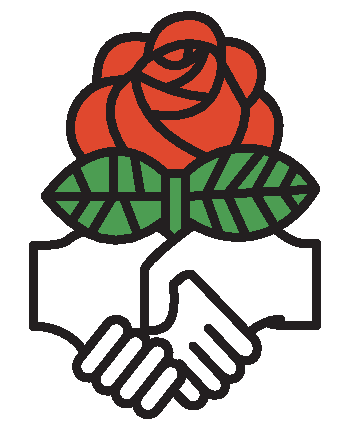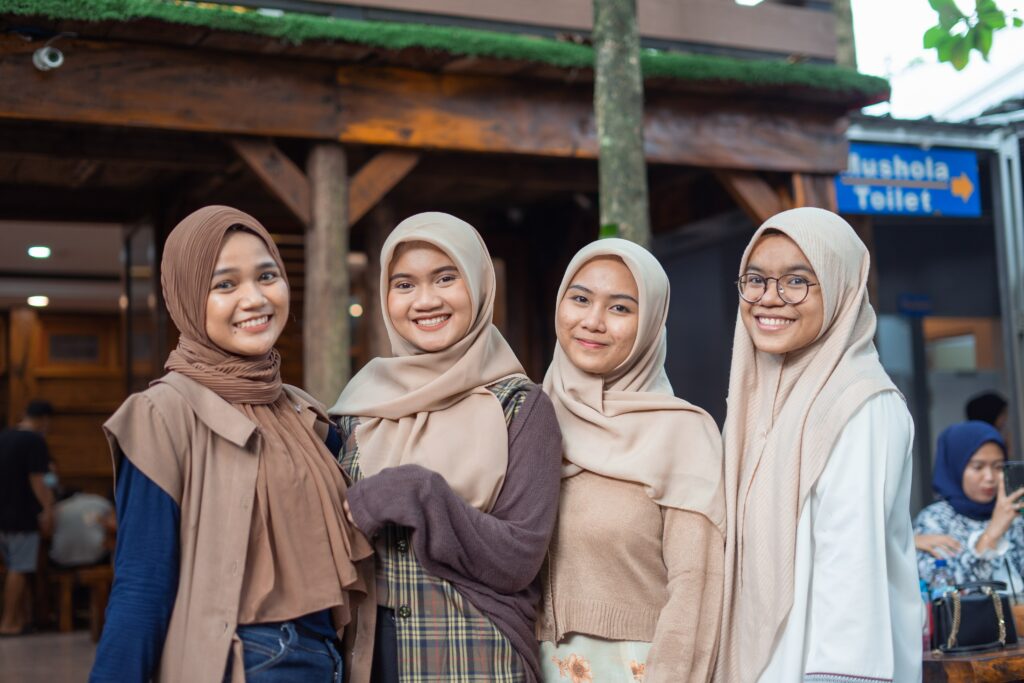Women Promoting Universal Values in a World of Different Cultural Realities
Athens, Greece, 27-28 January 2006
Resolution
For almost a hundred years Socialist International Women has been fighting for equality and social justice to ensure that the fundamental and universal values of freedom, democracy, peace and human rights apply equally to women.
The road has been long, hard and painful. Although a lot has been accomplished, much more needs to be done. Overall, Socialist International Women has made a considerable contribution – since its foundation nearly a century ago – in the fight to ensure women’s rights through the application and development of the principles of universal human rights.
Today the world faces new challenges and the international community has a responsibility and obligation to ensure that these challenges are met with a progressive vision to achieve democracy based on justice, solidarity, equality and cooperation.
These challenges require a new, more responsible and effective approach in which women are entitled to and must fully participate and play an active and dynamic role.
Differences and conflicts in several parts of the world often present a threat to the freedom, democracy, security, development and prosperity of us all.
Socialist International Women believes in developing a more effective approach, in strengthening universal values while promoting an understanding of the diverse cultural identities and realities of the world. Such understanding must however never curtail or ignore women’s rights, which have to be respected and safeguarded.
Socialist International Women therefore:
- calls on all actors – institutions, parties, civil society – to make a concerted effort to enable all women to exercise their human rights;
- recognises that different cultures and customs constitute a richness for the world, but stresses that they cannot be invoked to justify harmful practices and to deny human rights;
- reaffirms its commitment to achieving peace, stability and prosperity in all the regions of the world where women and women’s networks can play a role in promoting a greater understanding between cultures and peoples;
- aims to strengthen democracy, the rule of law, the respect for women’s and human rights including freedom of expression and to achieve a just resolution of regional conflicts based on the relevant UN Security Council resolutions in particular Resolution 1325 on ‘Women, Peace and Security’;
- reiterates that a disproportionate majority of the world’s poor are women, therefore the pursuit of gender equality is essential to the UN’s overarching goal of poverty reduction by 2015;
- calls on governments to maintain the UN Millennium Development Goals at the centre of their international development policy, making gender equality and the empowerment of women a priority;
- reiterates that the key to a sustainable, balanced economic and social development must be based on fundamental values: combating poverty and social exclusion and increasing democracy with equal participation of women at all levels and
- demands action to ensure the balanced participation of women and men in decision – making, both in politics and in the economy, which is vital to developing real democracy.

